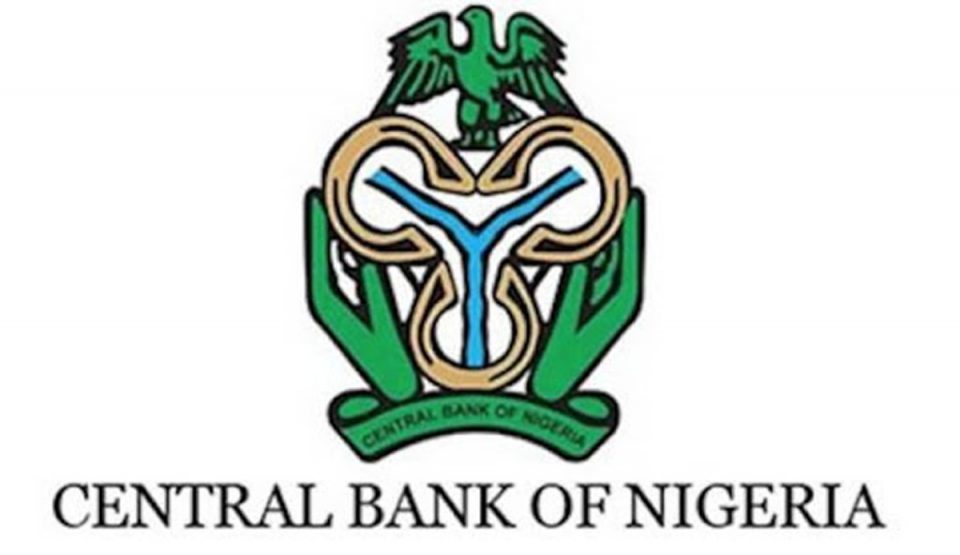The Central Bank of Nigeria (CBN) may be forced to adjust its hold-down position and increase benchmark interest rate as inflation surged by its largest rise in eight years to 15.75 per cent.
Most analysts said they expected continuing rise in inflation, which may put the apex bank in a delicate balance at its next monetary policy meeting early next week. Most analysts expect upward review of the benchmark Monetary Policy Rate (MPR), which was retained at 11.5 per cent at the last meeting.
The National Bureau of Statistics (NBS) at the weekend released its latest inflation report, showing that the upward pressure on domestic consumer prices remained unabated for the 16th consecutive month. Headline inflation rose from 14.89 per cent in November 2020 to 15.75 per cent in December 2020, the highest since December 2017 and largest increase since January 2012.
Bismarck Rewane’s Financial Derivatives Company (FDC) said the continuing rise in inflation would be a major issue at the Monetary Policy Committee (MPC) two-day meeting of the apex bank, scheduled for between Monday, January 25 and Tuesday, January 26, 2021.
According to FDC, the apex bank cannot be oblivious to a rate of inflation, which is almost seven per cent above the upper limit of its inflation range of between six to nine per cent.
“It, therefore, may consider tightening before the meeting or symbolically increasing the rates of its special bills, currently at 0.5 per cent per annum,” FDC stated.
FDC stated that it expected increase in the headline inflation in January, a view common among analysts.
Analysts at Cordros Group, which had correctly predicted the inflation rate for last December, predicted that headline inflation would rise to 16.10 per cent this month.
Cordros Group outlined that pre-existing structural constraints, continued impact of the marginal hike in electricity tariffs and a relatively low base in the prior year have set up continuing rise in inflationary trend.
Afrinvest West Africa Group noted that the trend in consumer prices reflects continued weakness in the agriculture sector as the harvest season should normally drive reduction in food prices.
“In the immediate term, we foresee sustained pressure on consumer prices on the back of the extended weakness in the agriculture sector and the increase in electricity tariff, for which implementation has commenced in January 2021,” Afrinvest stated.
Analysts noted that continued foreign exchange shortages and the lingering impact of the 2020 currency devaluation also contributed to the negative inflation outlook.
They, however, added that the reopening of land border and the high base effect from last year were expected to moderate inflation going forward.
FDC also noted that the 0.32 per cent increase in core inflation to 11.37 per cent showed that the spike in inflation was not driven by seasonal factors alone, but rather a combination of factors including the pass through effect of the exchange rate, higher logistics costs and electricity tariff hike among others.
FDC pointed out the effect of inflation on the nation’s currency noting that the naira had wobbled throughout 2020, partly as a result of a gaping difference between the rate of inflation of 15.75 per cent and basement level rate of 0.5 per cent per year on 91-day treasury bills.




